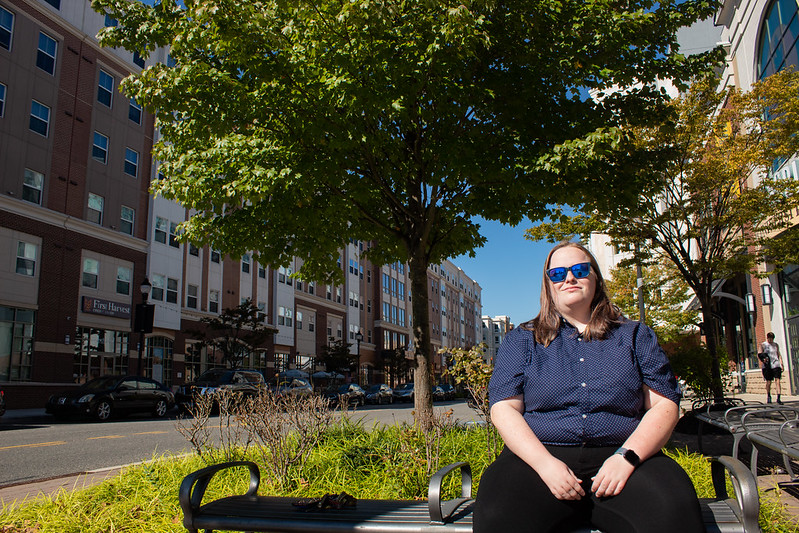This article is part of a running series with Rowan University’s Wellness Center. This collaboration aims to educate students about personal well-being options. For further updates, follow @RowanUWellness on Twitter, Instagram or Facebook.
It is quite common for college students to experience what is called “burnout” at some point throughout the semester, as coursework gets more and more demanding. “College burnout refers to an extended period of extreme fatigue and apathy that often results in a decline in academic performance.” (Tyler Epps)
It seems that burnout is increasing more as college environments evolve to accommodate COVID guidelines. “At Ohio State, the number of students reporting feelings of burnout jumped from 40 percent of students in August 2020 to 71 percent in April, according to a university study.” (Olivia Sanchez)
As the likelihood of burnout increases among college students, it is important to find ways to combat it in your life.

Get Involved
Some ways to relieve stress involve branching out and trying new things. While this might cause some people more stress and anxiety, it is important to give it a fair shot. You could look into a new club to join or go to an event that interests you or even just make it a priority to get out in any way you can and be around people.
Don’t Spread Yourself Too Thin
Scheduling is everything, so make sure you know what to say yes to and what to miss out on in order to keep yourself on track. Try not to add too much to your plate at one time and, if needed, try to trim out unnecessary time commitments.
Take Time For You
Self-care is always an important part of repairing your mental health. Find out what self-care means to you, whether that’s bubble baths and facemasks or video games and a pizza. Make sure that you find time to turn off your phone or computer and limit distractions so you can take time to recharge.

See The People Who Matter
When life gets busy, it is hard to factor in visits with loved ones. Spend some time catching up with family or friends over the phone or take a weekend trip if possible. The people who care the most about you are usually the ones that will root for you the hardest. They might inspire some motivation or at the very least validate your feelings and allow you to blow off some steam.
Get Moving
While a change in scenery is imperative to improving overall mood, moving is awesome for brain activity. You could hit the gym, take a class or join a team, or even just take a walk around campus and try to find somewhere you haven’t seen before. Moving just a few minutes each day will bring you much more energy overall.
While all of these options are great to do, it is important to find out what helps you in times of stress. What works for some might not work for all, so spend some time learning about what makes you tick.
References:
Sanchez, Olivia. “Burnout Symptoms Increasing among College Students.” The Hechinger Report, 30 July 2021, https://hechingerreport.org/burnout-symptoms-increasing-among-college-students/.
“What Is College Burnout?: BestColleges.” BestColleges.com, 27 July 2021, https://www.bestcolleges.com/blog/what-is-college-burnout/.
Like what you see?
Story by:
Carrie Cunningham, Rowan Global student, MA in Higher Education program from Bergen County, NJ, Wellness Center intern
Photos by:
Jack Maisonneuve, senior communication studies major



